Peter Schäfer, professor emeritus of religion and Judaic Studies, shows in Two Gods in Heaven (Princeton University Press) that Judaism was not always strictly monotheistic. In the pre-Christian Second Temple period, Jewish mystics and rabbis embraced a second, junior god, according to Schäfer. His examination creates a new understanding of Judaism’s relationship with Christianity.
It is difficult to conceptualize the enormity of the universe, but Lyman Page, professor of physics, creates an accessible entry point for readers. The Little Book of Cosmology (Princeton University Press) describes the discoveries scientists are making by studying the fading thermal afterglow from the Big Bang and illuminates future avenues for research into the cosmos.
What does “practicing” religion really mean? In What Happens When We Practice Religion?: Textures of Devotion in Everyday Life (Princeton University Press), a textbook-style work, sociology professor Robert Wuthnow employs interdisciplinary methods to explore religious practices, experiences, and other manifestations of religion in everyday life.
The Papers of Thomas Jefferson: Retirement Series, Volume 16: 1 June 1820 to 28 February 1821 (Princeton University Press), edited by J. Jefferson Looney *83, illuminates’ Jefferson’s public and private lives in his retirement years. This compilation of 571 documents, reflects Jefferson’s political, philosophical, and religious beliefs toward the end of his life. These writings include documentation of his insistence that slavery should be unrestricted in Missouri, while also exclaiming that liberty — in America and abroad — was ascendant, and his reflections on death and loneliness.
Ruins bear witness to past civilizations, but why has Western society been so fascinated by them? In The Ruins Lesson: Meaning and Material in Western Culture (University of Chicago Press), English professor Susan Stewart traces the history of this preoccupation, with a particular focus on the Renaissance and Romantic periods.
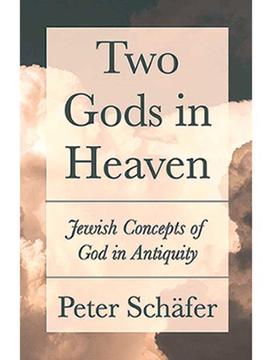
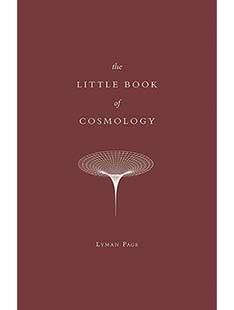
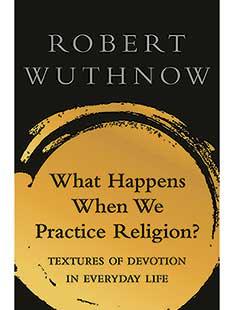
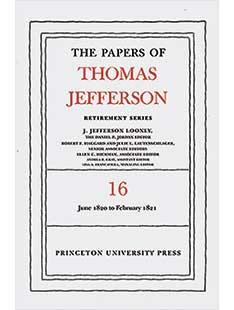
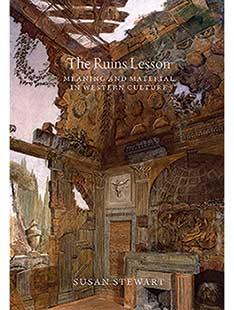






2 Responses
Stewart Schoder ’75
5 Years Ago“Enormity of the Universe”
“Enormity” is not the word you want.
Norman Ravitch *62
5 Years AgoTwo Gods in Heaven
I am familiar with some of the scholarship of Peter Schafer. It is superb but I do wonder what its purpose really is.
Anyone who has studied the Old Testament in a scholarly way knows that belief among the Hebrews in one God was a late development, that this people like all people believed in many deities. Schafer tries to show that even rather late in the history of the Jews there were indications of a belief in more than one God. He, I think, tries to make this a way of weakening the Jewish disinclination to accept Jesus as anything more than a man and an only partially acceptable man to Jews. This involves a good deal of delving into the Talmud, a series of writings which will tell you little and confuse you mightily unless you have a Talmudic education.
I doubt any Jewish person will be convinced by Schafer’s scholarship, excellent though it is. It is far too esoteric even for those with scholarly inclinations. I do not intend this comment as a criticism but there are many examples of fine scholarship which nevertheless do not justify the effort.